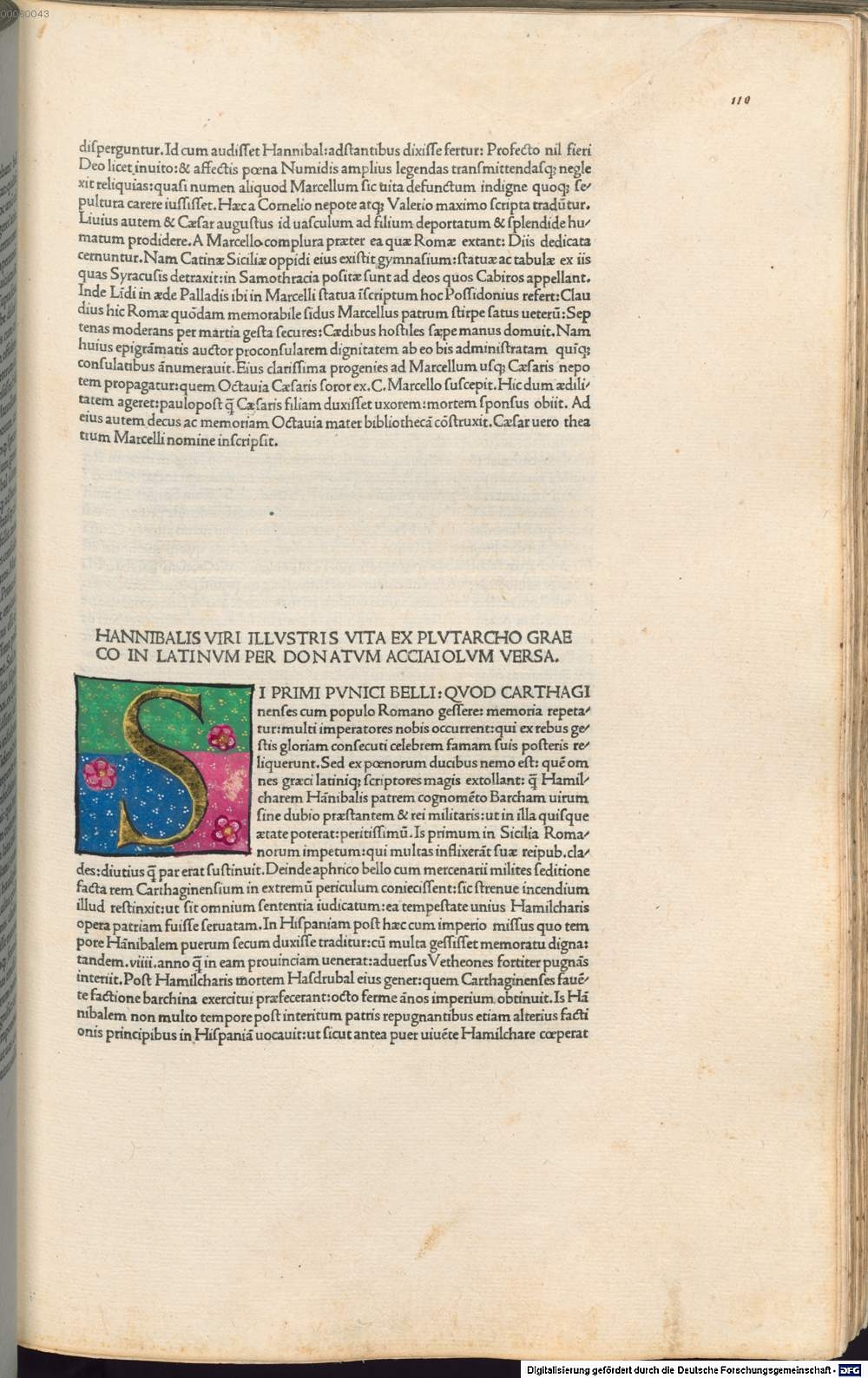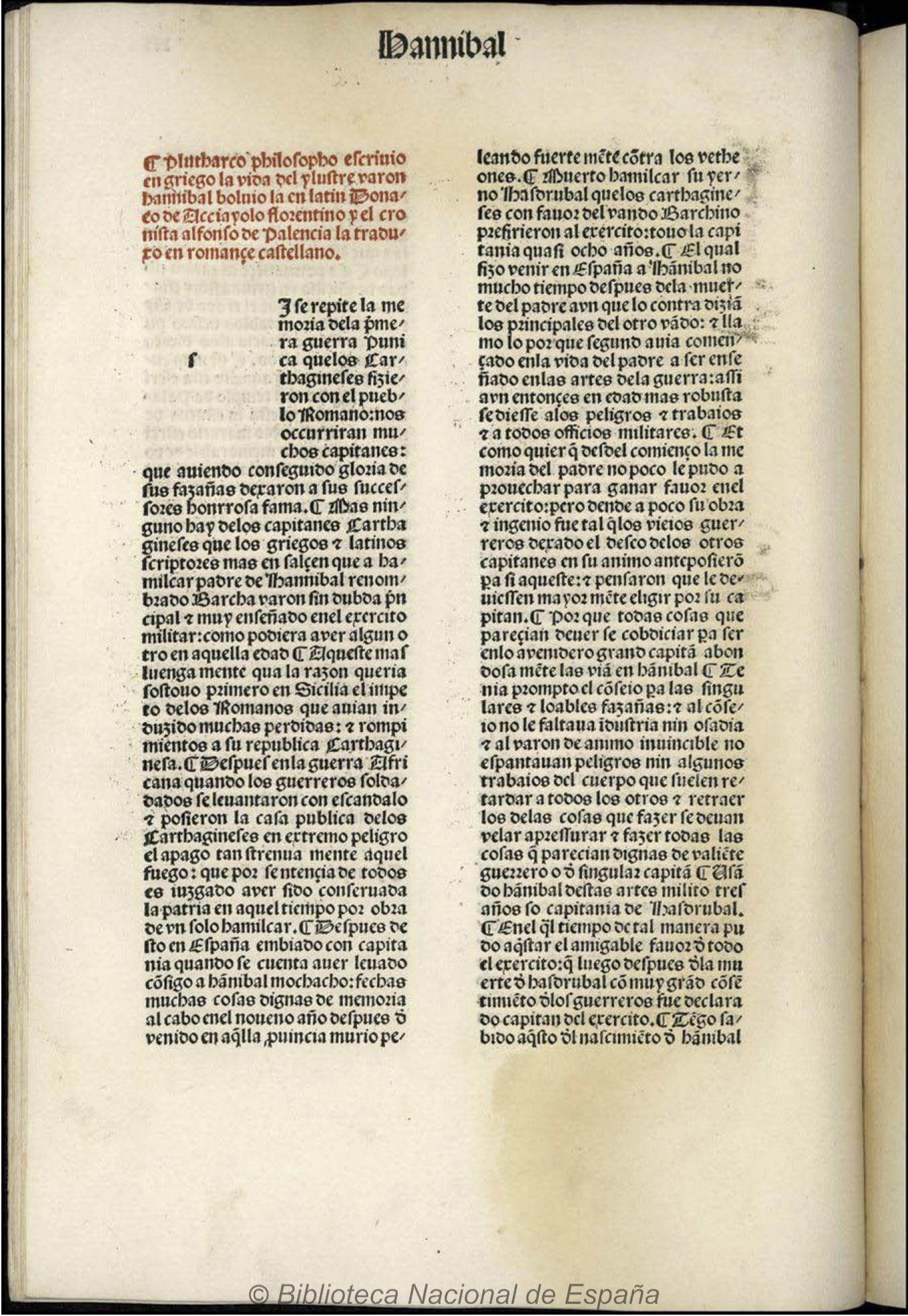Experimental Philology and Minimal Editions
- Susanna Allés Torrent
For centuries, the theories and methods of textual scholarship have presupposed the analog media of ink and paper, but the ever-growing digitality of today’s texts requires us to challenge our assumptions about scholarly editing, textual scholarship, and publication. This research cluster aims to reimagine the tools and workflows of digital scholarly editing, with a focus on sustainability, scalability, and reproducibility.
A Digital Critical Edition for the Vitae Illustrium Virorum Project
At the end of the fifteenth century, the Spaniard, Alfonso de Palencia (1423-1492), chronicler of the Catholic Kings, translated all of Plutarch’s Parallel Lives from Latin into Spanish. All these biographies had been translated since the beginning of the Quattrocento by relevant Italian humanists from Greek into Latin; Palencia didn’t know the Greek language, so he took advantage of these Latin versions, first published in Rome in 1470. We know for sure which edition he used to pursue his translation: it was the third edition published in Venice in 1478 by Nicholas Jenson. In this Plutarchian corpus there was also a set of biographies written originally in Latin by several intellectuals: the Vita Aristotelis by Leonardo Bruni, Vita Platonis by Guarino Veronese, Vita Caroli Magni and Vitae Hannibalis et Scipionis by Donato Acciaiuoli. In an initial phase we plan to digitally edit these five biographies in the original version and in translation.
This experimental project aims to offer a digital critical edition while exploring effective ways to present both texts synchronically, but our main purpose is to create a collaborative infrastructure with a workflow based on sustainability, collaboration, open source, and reusability.
The prototype is still in its very beginning phase. You can find it here http://susannalles.com/cv, as well as the code source in GitHub: https://github.com/susannalles/susannalles.github.io.
The Making and Knowing Project
In the same line, last year Professor Pamela Smith proposed the creation of an open access critical edition of an early modern “book of secrets” containing technical recipes and working notes. The key to this project’s workflow was collaboration and scalability in order to integrate grad students lab notes. Check the details here.


